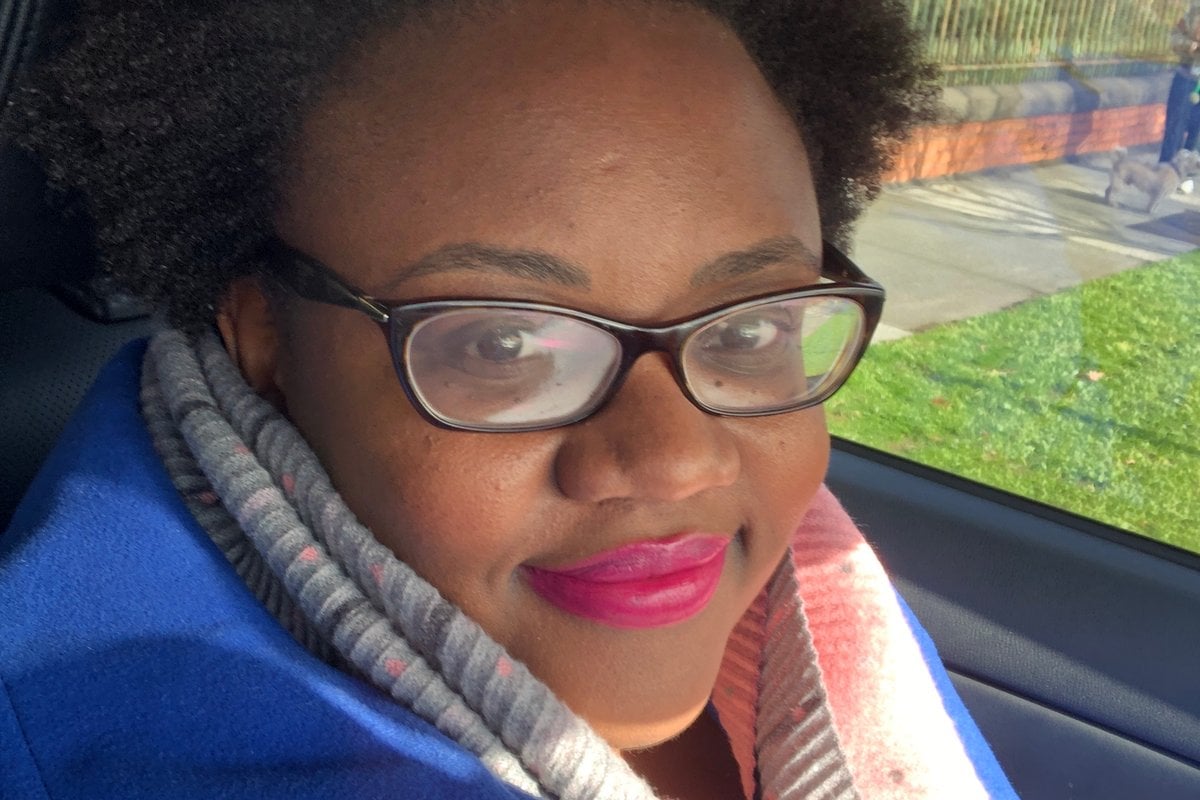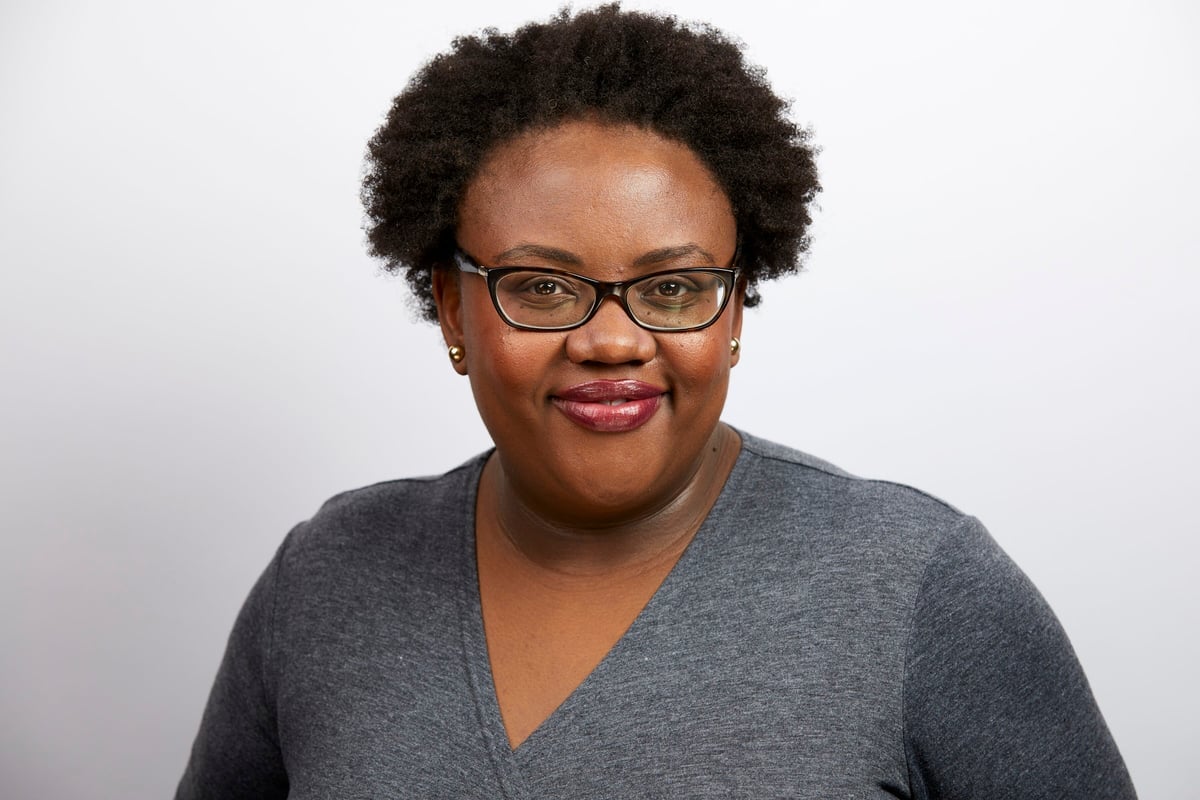
As a specialist GP working in Melbourne, I read Claire Murphy’s article about being fat shamed last week and instantly felt sad, but not surprised.
I read her words slowly – twice over in fact - and listened to her tell her story on the podcast. Then I took a deep breath and walked away from my laptop to collect my thoughts, and acknowledge the emotions swirling in my head and my heart.
“I know medical professionals need to talk about weight.”
Those are Claire’s words – and they were ringing in my ears.
But as a GP who has had the privilege to care for patients of all shapes, and sizes, and as an individual in a larger body myself who has been fat-shamed by colleagues - I do not agree.
Medical professionals do NOT need to talk about your weight.
Medical professionals need to talk about ways to improve your overall health and wellbeing.
Your health and wellbeing are NOT THE SAME THING as your weight.
Weight-loss is not necessary to improve physical health.
Weight-loss is not necessary to improve emotional and psychological wellbeing.
Watch: The More Than My Body campaign. Post continues below.


Top Comments